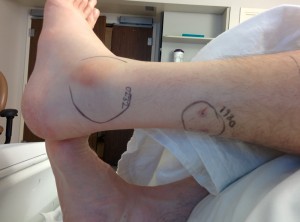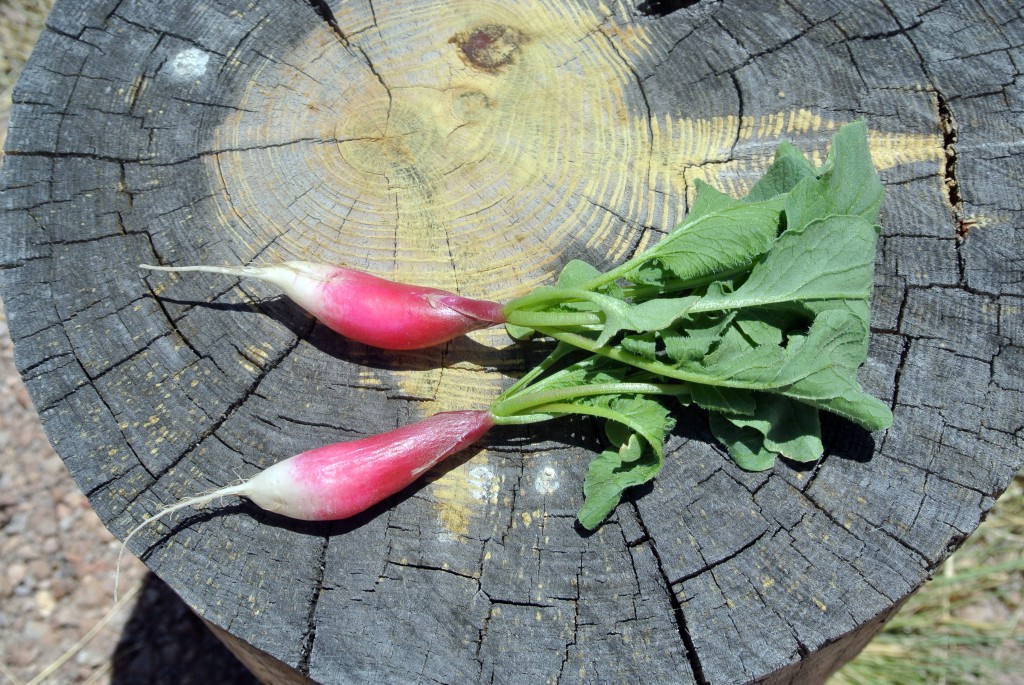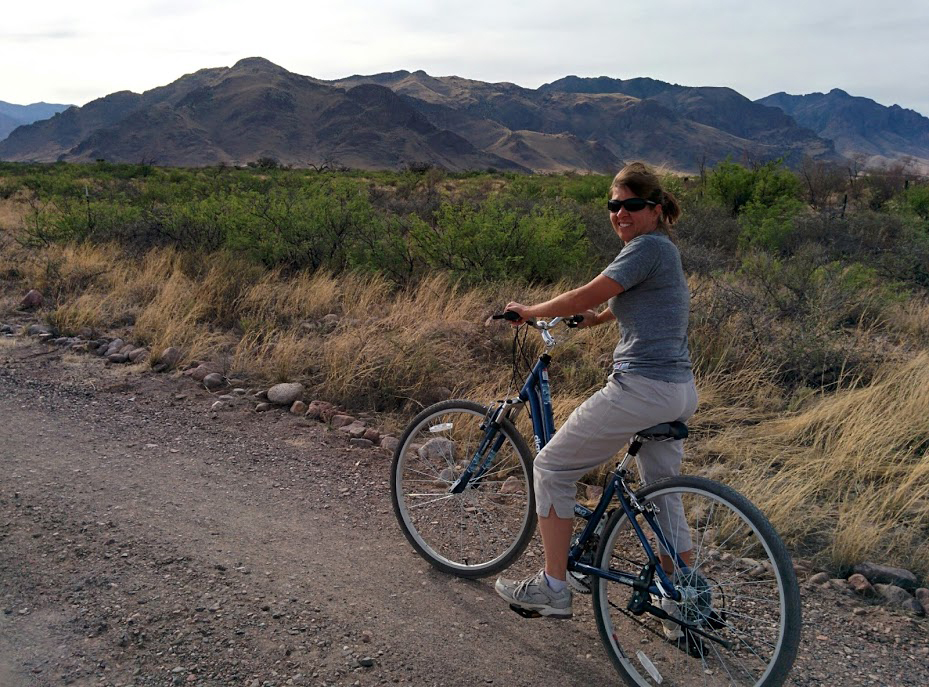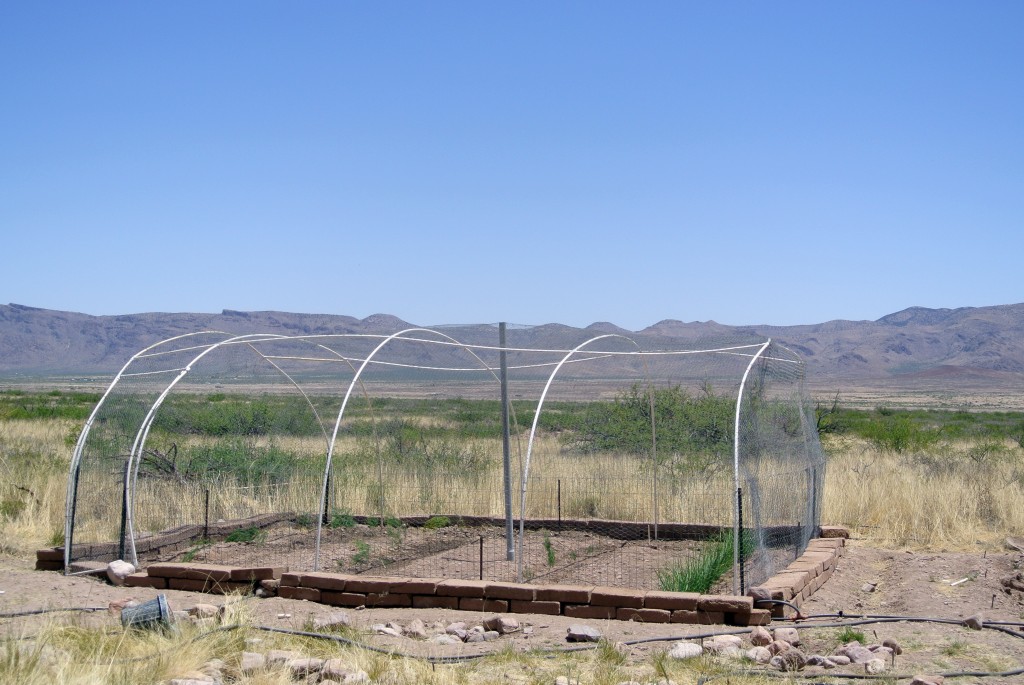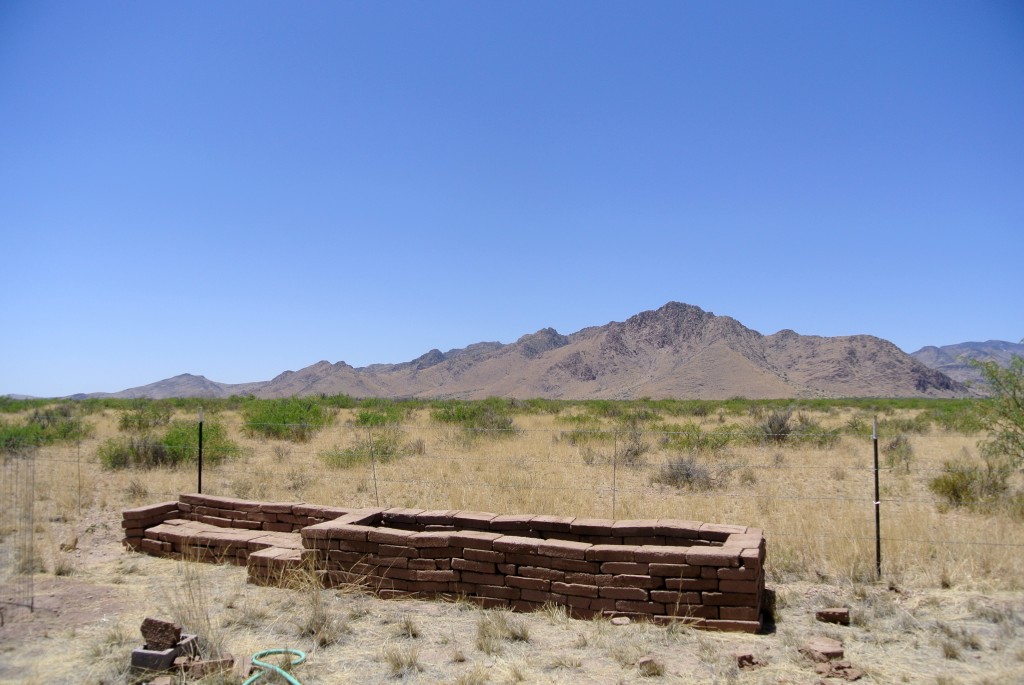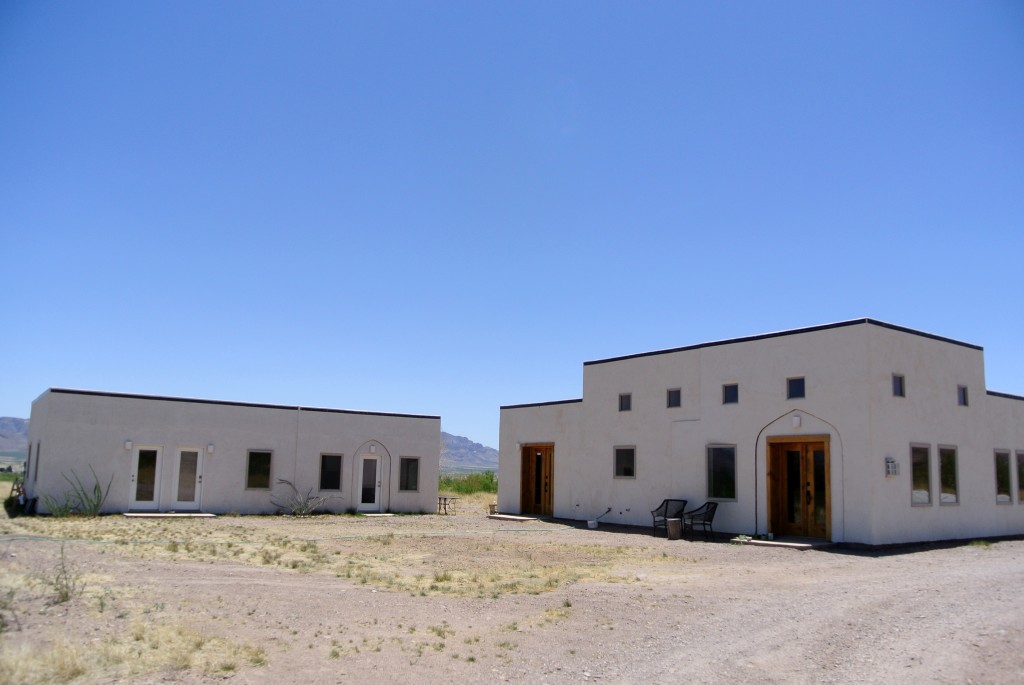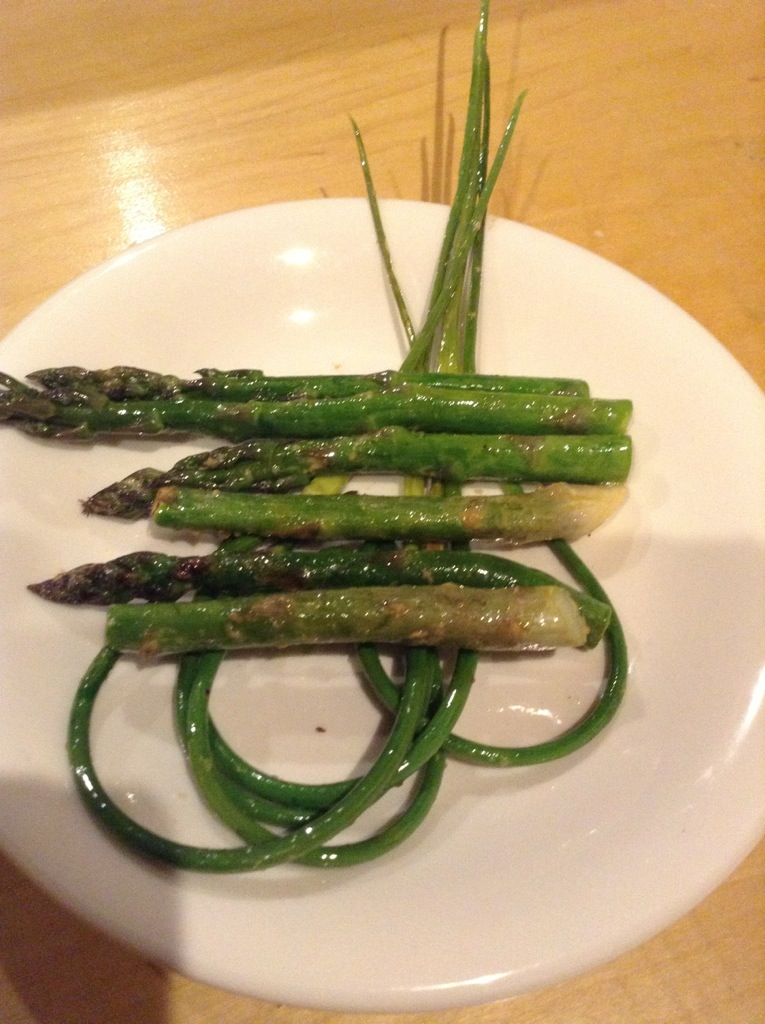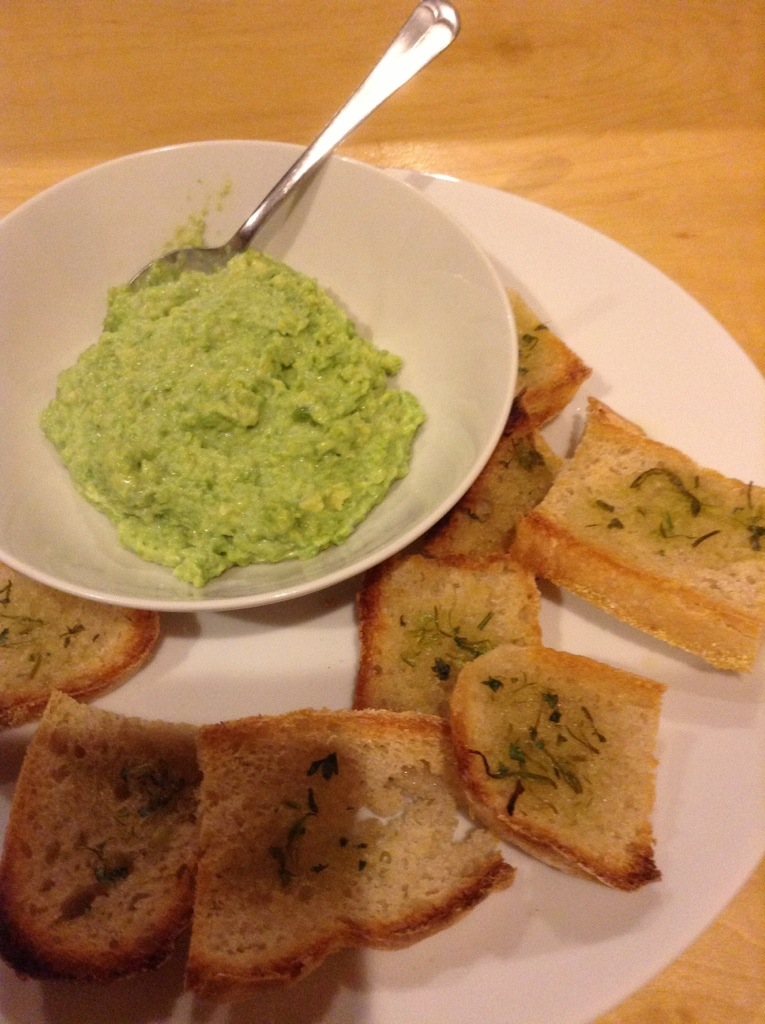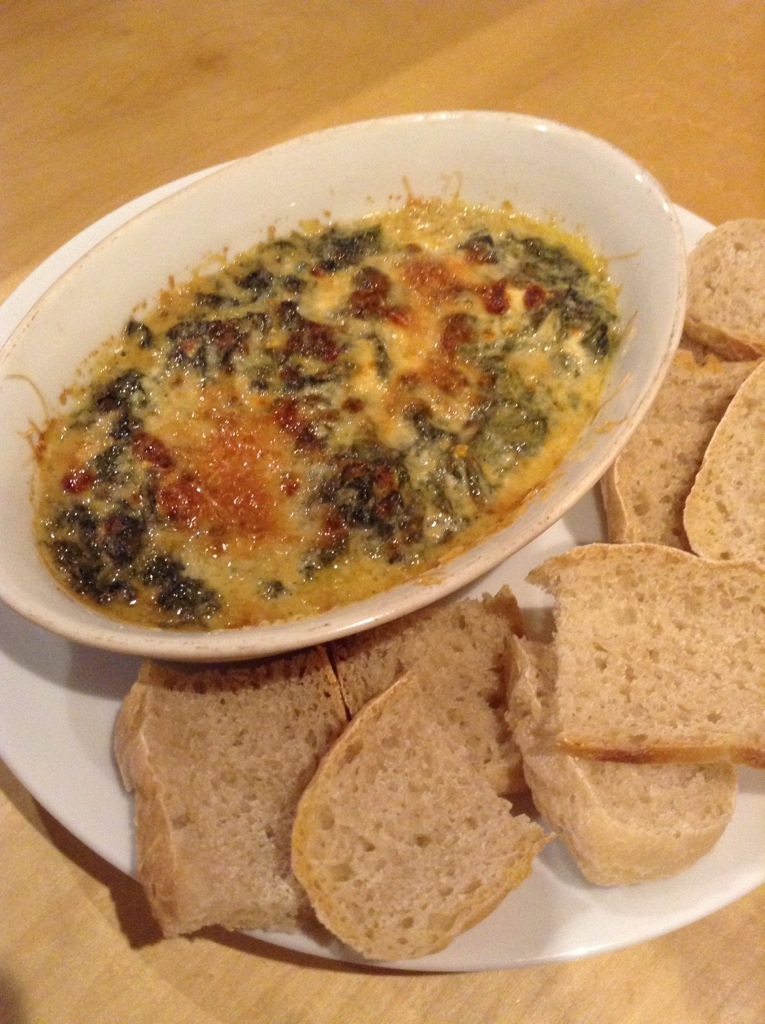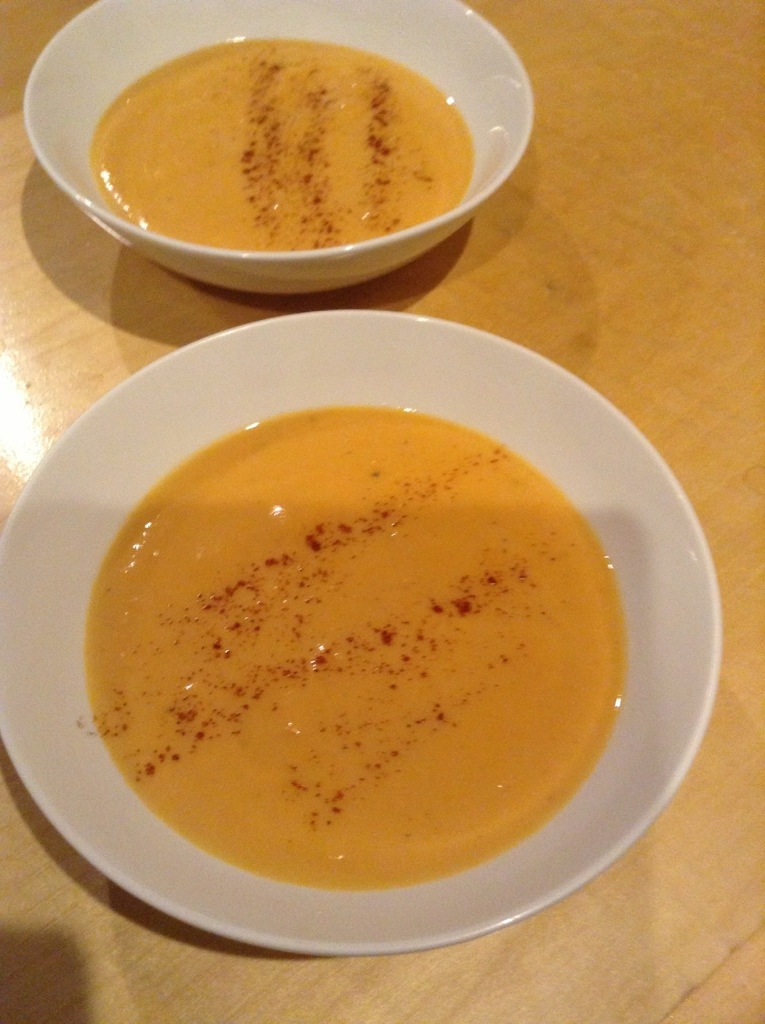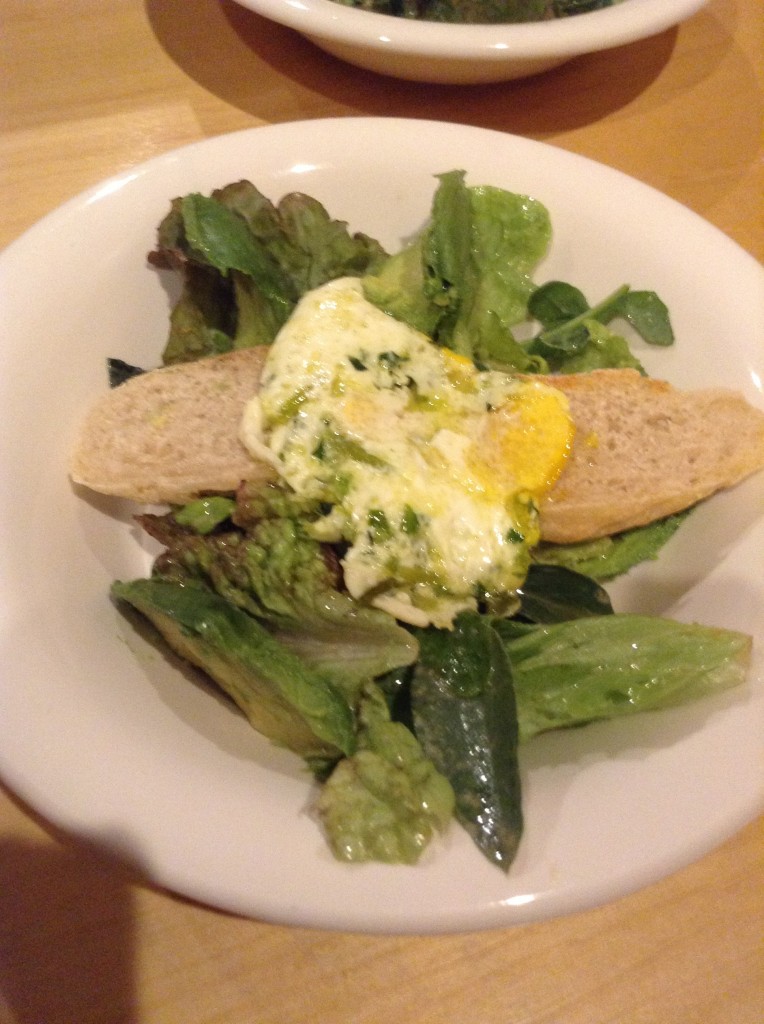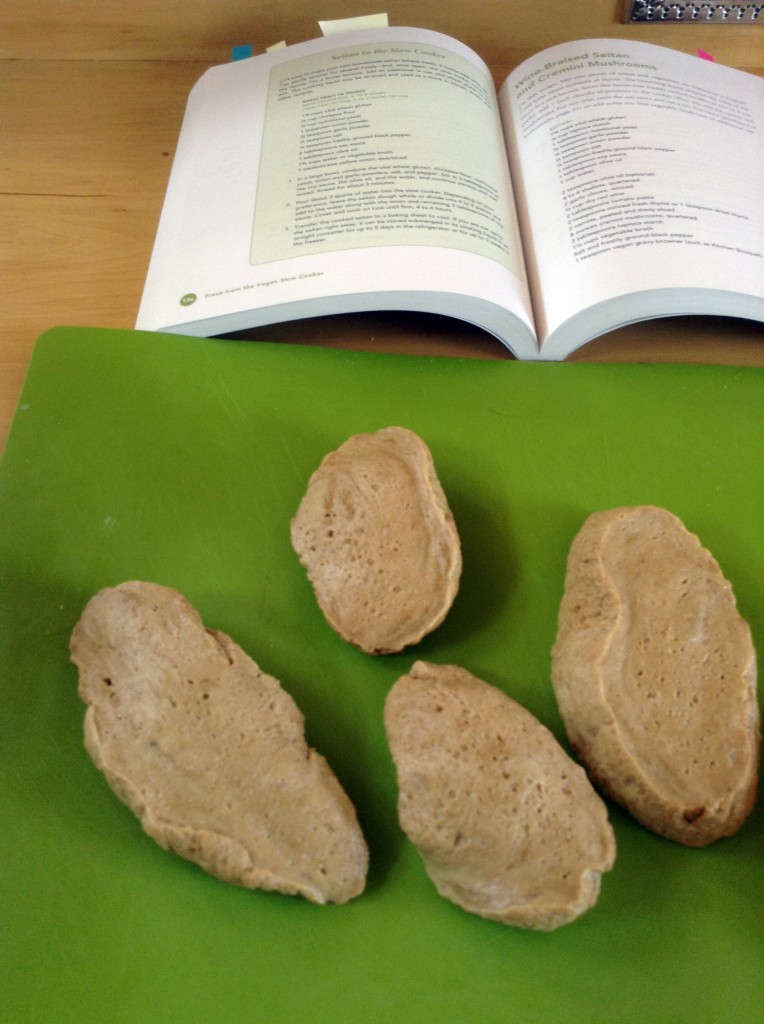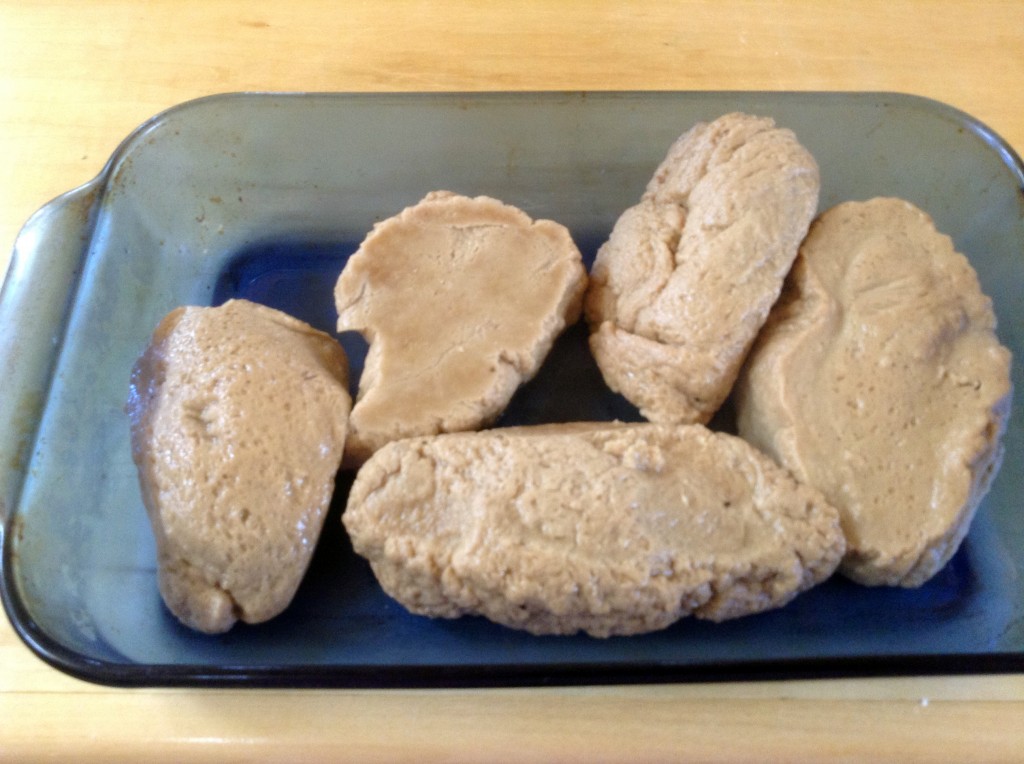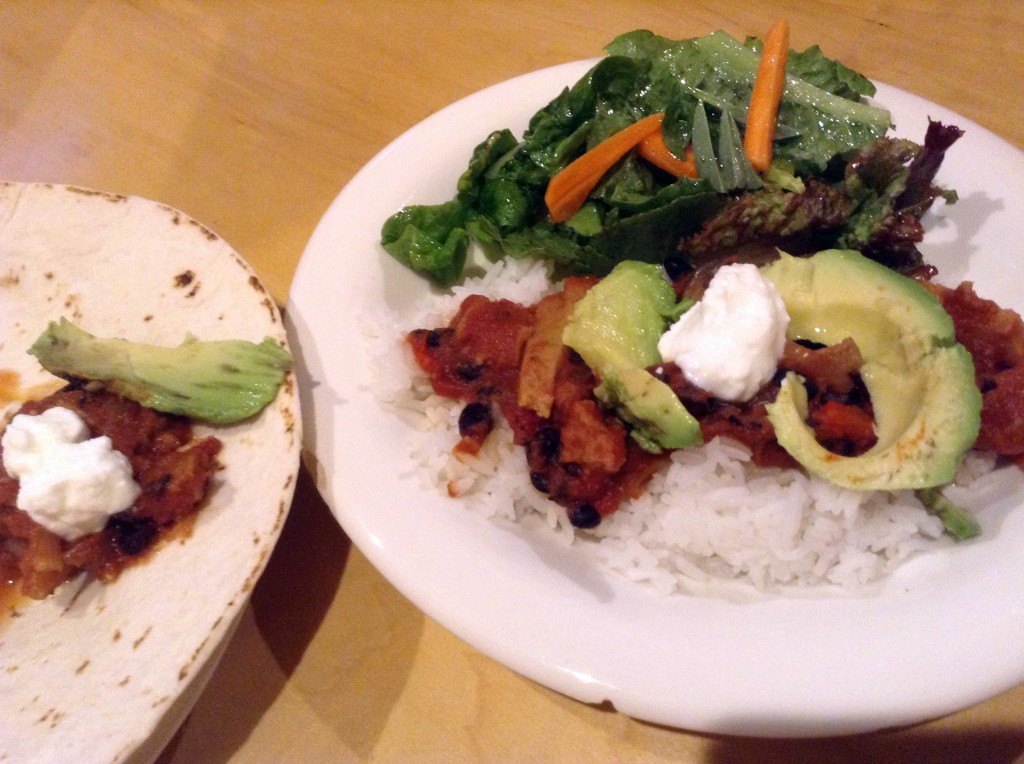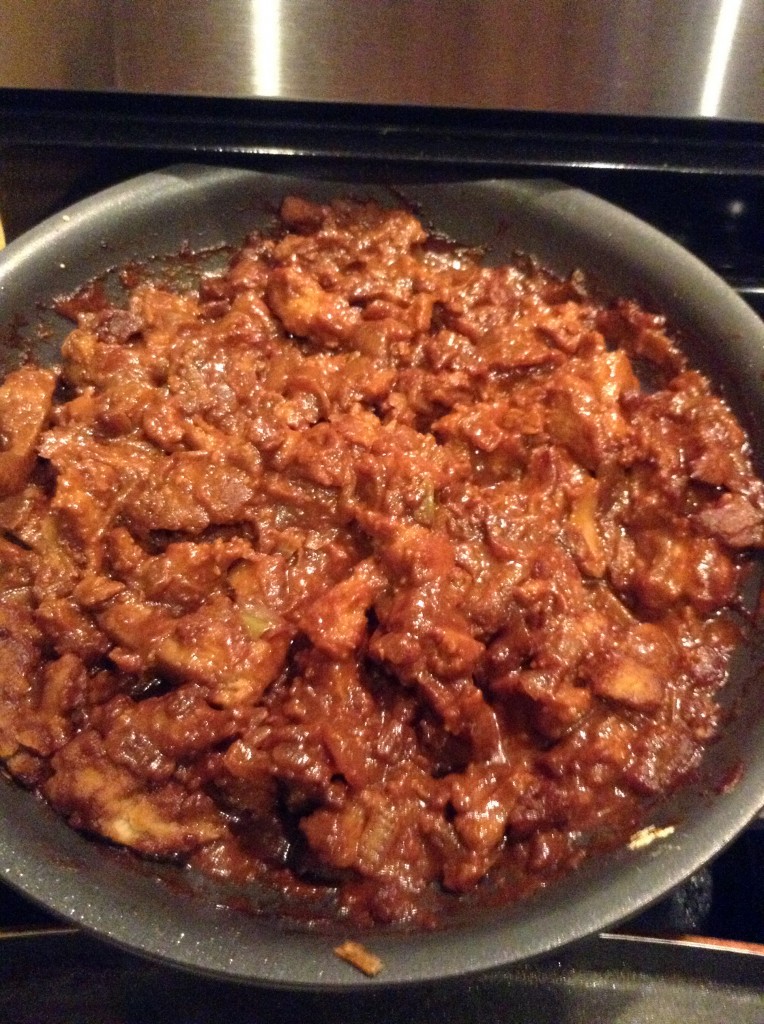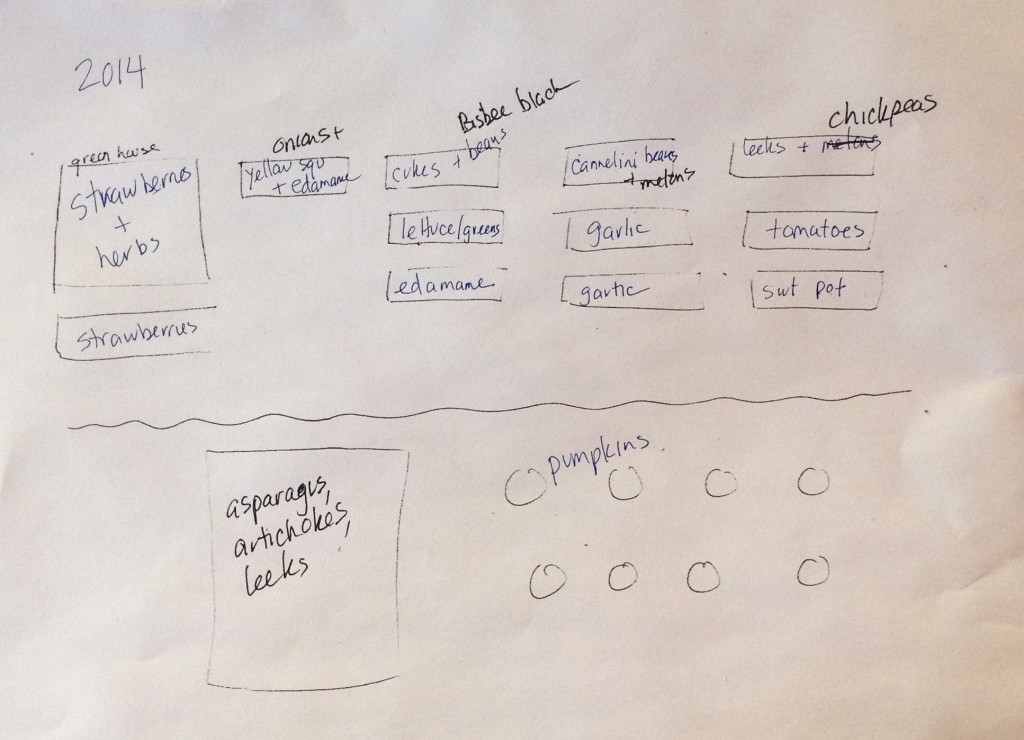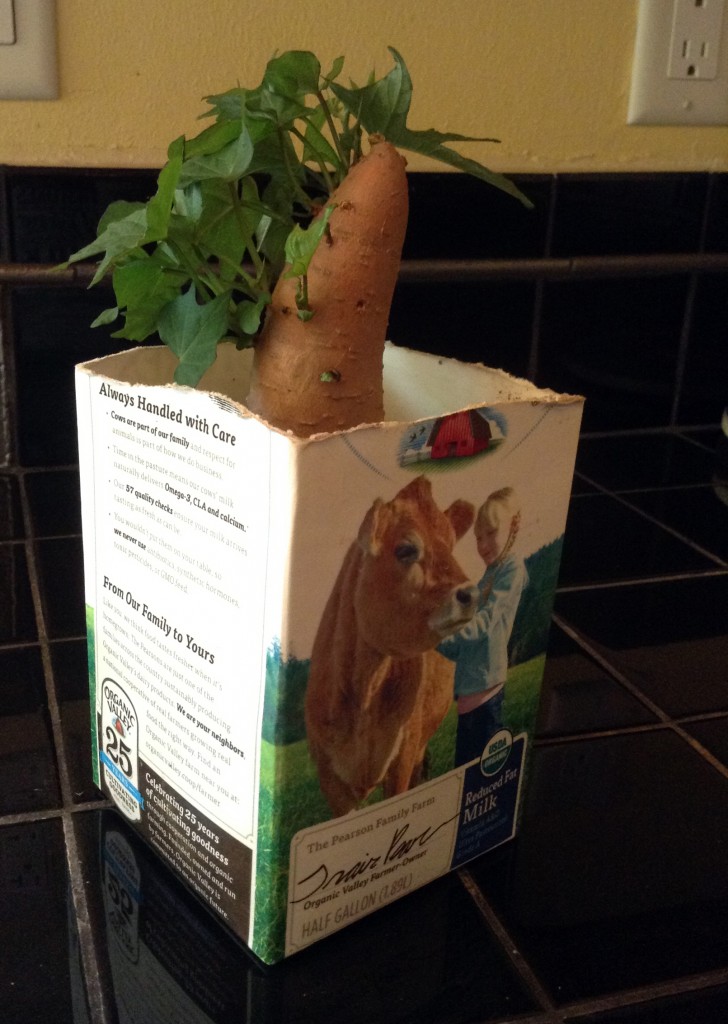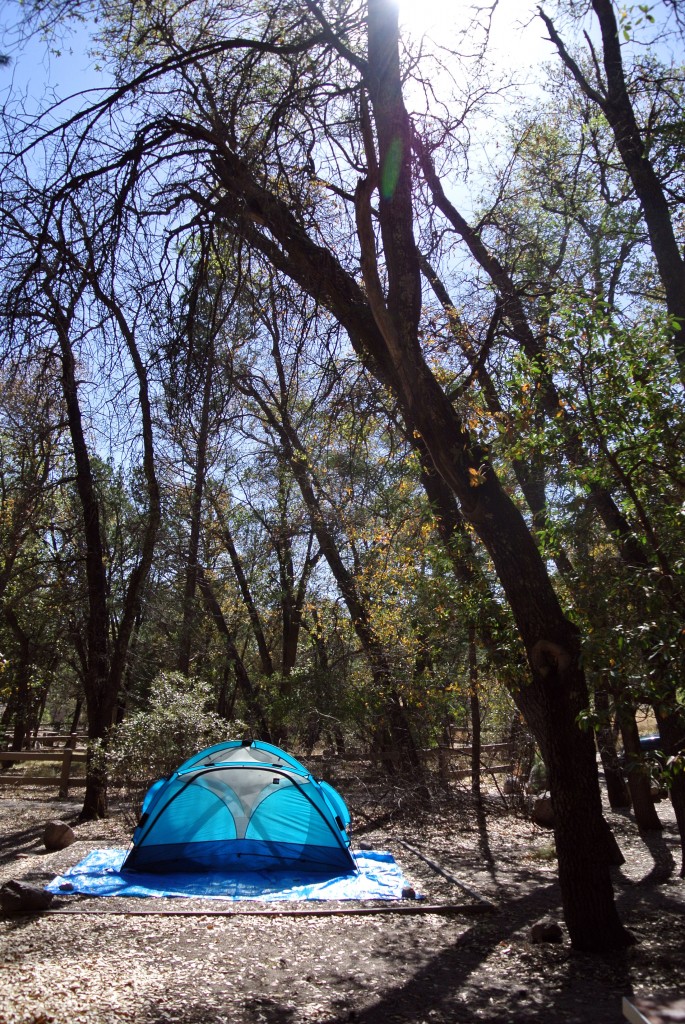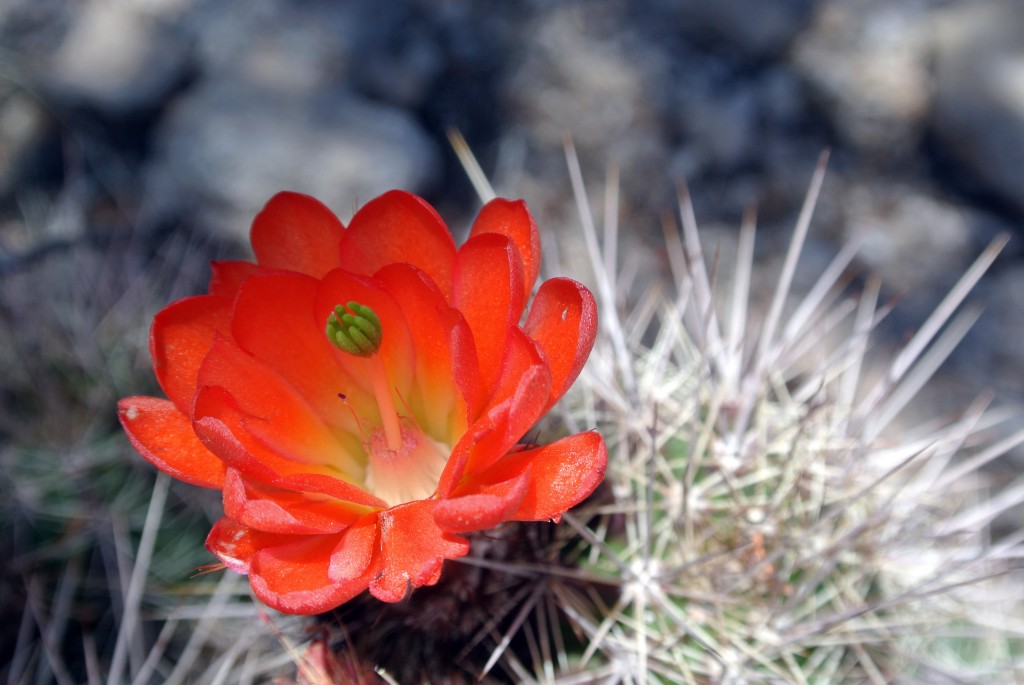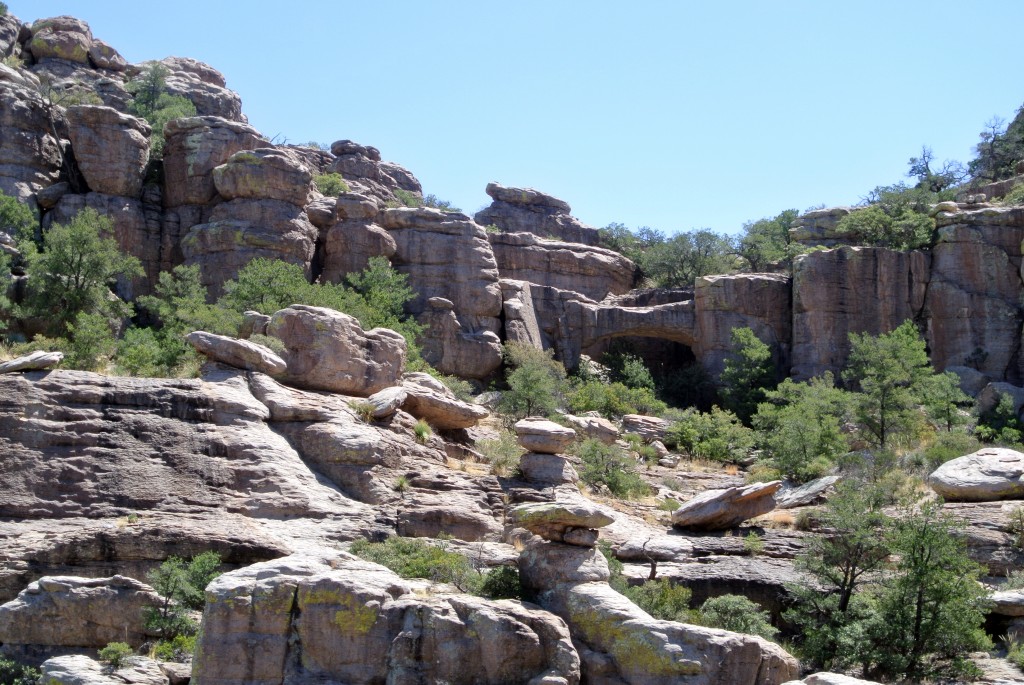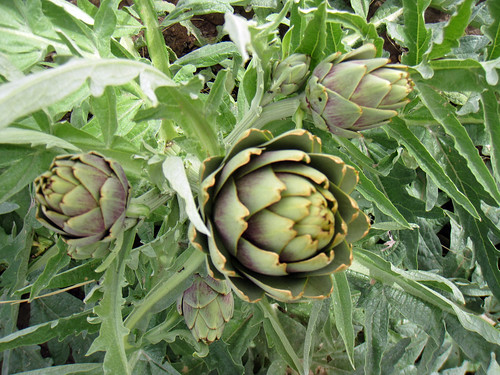Imagine… if you will, you’re alone here at KB Ranch. The sun has dipped behind the mountains, and it’s finally cool enough to do some gardening. It’s quiet. There are maybe two people within a mile that you know of though none you can see or hear. The solitude is comforting. So, there I am…
In the middle of digging out some pesky weeds, I stand for a minute to rest my back. Looking south, I see movement that I think is the local bobcat, though I’ve come to think it might have been a badger which we’ve seen evidence of but never confirmation. I love the bobcat, and I walked south in the driveway to the edge of the grass, which is sparse at the moment, to get a better look. I lost sight of whatever it was and started to head into the grass. I thought to myself that I should watch for rattlesnakes. I eyed a spot about thirty yards in that seemed a good place to stand and headed for it.
About half way to the spot, I heard a noise behind me (a swishing) and maybe… a tap on the back of my leg, maybe it was grass, maybe nothing. I turned back, and there about six to eight feet behind me was a rattlesnake up in the air about a foot high, mouth open, hissing? I can’t swear to the hissing. I stopped and looked at the back of my leg. Nothing obvious. I looked up and down. Then on the side, I saw a thin, thin line of blood, a wisp. I reached down and wiped it off. Whew! Maybe he missed me.
Nonetheless, I was angry, and I was scared. At the time, I also believed that it might matter what kind of rattlesnake it was. Which is to say, “Was it a Mojave?” Bad luck for the snake was that I was still holding the shovel. It must have sensed a change in the situation as it dropped to the ground and headed away into the nearest bush. Two steps and I was close enough. Two thrusts with the shovel and that was it for the snake. I have ambivalence about killing it, but done is done. If not for the shovel in my hand, I would not have spent one second trying to kill it.
Did I hear it rattle? No. Did it rattle? I don’t think so. I think I heard the sound of it moving quickly.
So, what to do?
First off, I was in denial. I really never wanted a snakebite. It was on a list of things never to do. Also, there were plenty of other reasons I didn’t want it to be true. Karen was in Ohio. And you can die.
I walked toward the house. I remember throwing the shovel down in the driveway–angry. I remembered that you need to remain calm. I’ve made good progress in my yoga breathing and stilling my mind in recent months, and I immediately focused on that. If yoga were not a big part of Karen’s and my life here, I would have had little to lean on in the following hours.
I went to the shower and sprayed my leg off, dried it and then looked as closely as I could. If there was something, it was about six inches up on the back of my calf. It kind of looked like something, but not much. There was no pain.
What to do?
Sometimes we do the wrong thing, and we are lucky. Sometimes not. I was lucky. I really wanted someone to say it missed me. Grazed me. Calling 911 was admitting I’d been bit, and I wasn’t mentally there yet. There are two neighbors who are EMTs. I was headed toward the one south but when I got to highway 80 and had to decide, really decide, and I knew I needed to be right. I headed north instead. As it turns out, no one was home south.
So north I went. I drove quickly into their driveway and honked a couple times just to let them know it was serious. Does honking denote seriousness? Loud knocking and honking probably does because the door opened with “What’s wrong?” I told them and was led inside and the bite was confirmed. That fast — everything I did not want to happen was happening.
I was saved calling 911 and many other things. My leg was put up; I focused on calmness and breathing in and out slowly through my nose. At some point I called Karen and told her what was going on and that at the moment things seemed good — promising really. There was no pain, no swelling, the bite was hard to see.
I was told they were calling a helicopter which I resisted, but every road led to a helicopter. (For any serious medical situation here, they helicopter you out to Tucson.) Any place they could take me by ambulance would not have enough (any?) anti-venom, and they would just helicopter me to Tucson anyway. So that decision was made for me. I was taken by ambulance about a mile to the highway where the helicopter was already waiting. IVs were inserted and soon I was shoved into the helicopter — a very tight space indeed, and there I would stay for the next hour.
I never felt particularly afraid until I was in the helicopter. The tight fit, something pressing against my foot, that the headphones and the oxygen mask were on wrong and hurt, all added to my unease. I focused on being calm and breathing. This prompted concern from one of the EMTs… Was I having trouble breathing?… No, but now I’m worried. Things like the fact it might have been a Mojave started going through my head. Maybe I was breathing funny. Did other things feel wrong? I started to run through in my mind the known effects of a Mojave bite. In the cramped space I started to doubt they could do anything for me if something bad started to happen. Since then, I’ve been assured they could, but at the time I was worried. There was so little room for them to move. The flight was longer than normal due to a strong headwind.
After what seemed like ages, we landed. Unlike what I see on TV, they waited until the rotors stopped before getting out. They took me out and were preparing to hand me off to the hospital people when I started thanking the EMTs and the pilot as knew I might not have a chance later. Really the worst moment for me came then when the pilot said “For what you’re paying for this, you don’t have to thank anyone.” Well, that made me feel like crap.
Soon I was in an elevator and then out in a corridor with lots of people looking and touching me. Then into the room where I would spend the next six hours. They hooked up many things, did an EKG, x-rays, and drew lots of blood. Things calmed down quickly, and nothing seemed to be happening. When I asked, they said they were waiting for results from the pharmacy. Seriously? Before starting anti-venom? Clearly they were less rushed than I expected. About 45 minutes later (four hours after the bite), an IV with anti-venom was delivered and started. They gave me four vials initially with two every six hours to follow for a total of ten vials. They started slow and watched for reactions. When none seemed forthcoming, they turned up the tap.
In the meantime, my foot had started to swell and hurt, but there was nothing especially scary going on. It still looked like my foot and would continue to do so throughout my stay. (It never turned black like the pictures we saw on the Internet.)
The hospital that took care of me was the University of Arizona Medical Center. Like you see on TV, in the morning a team of residents and one “doctor” would make rounds. First some terrified, but overconfident resident would come alone and talk to me about my bite. In this case, talk means asking me how I am and all the details of the event I care to give. Later they would repeat what I said with authority. The doctor himself seemed a performer. Though disappointed at how minor my bite was, he nonetheless went about explaining how anti-venom works and bite lore. He seemed to be talking down so I could understand, but was clearly speaking to the team.
A funny moment was when a nurse was asking a resident about some swelling on my foot. He looked at it and said, “That’s just his foot. I have feet like that.” Then he showed her that my healthy foot looked just the same in that spot.
The best hospital moment was when some big shot from the poison center came by. I think he wanted to seem larger than life and he did. He had on a white shirt with some emblem of the poison center on it. He carried a brown hat that looked outdoorsy — like something a birder might wear. The only thing was the hat looked flat — like it had never actually been on his head. Well, he could not have been nicer. He said he was informed about my case before I arrived and was prepared to come in but it didn’t seem serious. I was glad to hear that. He explained about anti-venom and told some obligatory snake bite stories designed to make me feel better, and they had that effect. He gave me the number for the poison center and took my number to add to their whitelist. He said that unless you’re on the whitelist calls get routed to the nearest poison center, and he was making sure.
Everyone at the hospital was very nice. No complaints at all. The nurses were amazing. I went in on Thursday evening and was released Saturday about noon. I was able to walk out and thought I was in pretty good shape. A kind neighbor picked me up and we stopped at the grocery before heading home. I grabbed a shopping cart as support because my leg started to hurt quite a bit. I shopped quickly and sat down to wait. As soon as we got home I was on the couch with my leg up.
After coming home, I had to get three blood tests about five days apart, just to make sure that things were progressing well. They were. The poison center called several times to check on me and couldn’t have been nicer.
Overall my healing was quick, very quick. I feel no real pain any more, just a little tightness in my ankle. The bite mark is still visible, but barely.
Things I learned (which might not be true)
In layman’s terms anti-venom is a protein that somehow sticks to the proteins in the venom. It’s a much larger protein than venom and is quickly caught in the kidneys and removed from the body. It seems that simple. The reason you get vials of anti-venom at regular intervals is because it keeps washing out.
Forty days is the record for new symptoms related to a rattlesnake bite.
When you’ve been bitten, you’ve been tenderized. I am supposed to be careful of my Achilles tendon for six months (no running or bike riding). Also, my blood has been thinned, and I need to watch for excessive bleeding.
There is only one anti-venom these days regardless of what kind of snake bites you. Apparently, even one venom attacks you in many ways. This insight lead them to just dumping all the venoms together to make one anti-venom.
The only thing to do for a snake bite is anti-venom. (I heard this a hundred times. :) They don’t use snake bit kits and no one tries to suck the venom out any more.
They circle and time-stamp the bite. They also circle swelling to watch as it changes.
Rattlesnakes rattle less these days. I believe this (though prior to this, we’ve almost always heard snakes rattle). The ones which rattle get killed often. The one you never see or hear live. This is our doing and makes me glad we move them.
Rattlesnakes are the most active (aggressive?) in the evening and at night. Whenever I’ve run into them early in the day, they seem docile.
The calf was a good place to get bit. Hands and feet are bad because there is no room to swell.
Something like 30 percent of snake bites are “dry bites”, only a little venom injected. I blame this on all quack cures.
There is a lot of debate about boots providing protection. (I wasn’t wearing boots, but the bite was high enough up that it wouldn’t have mattered.) I’ve read a lot that suggests it doesn’t matter. They can go through or over most boots. On the other hand, one woman I know told me a snake tried to bite her and it didn’t get through her boot, but did leave a mark where it tried. So I don’t know.
Aftermath
I’m a lot more careful walking around. I search the ground all the time. First I look for coiled snakes and then stretched out ones. I avoid the tall grass and when I walk somewhere I often return the same way on the assumption the coast is clear.
There is no change in our philosophy on moving rattlesnakes. I’ve never felt in danger moving them. It’s when they surprise you. And moving them cuts down on surprises. If anything, I’ll be a little gentler with them. I feel some debt at that one not pumping me full of venom. And, we’ll move them a little farther. I’m certain I’ve moved one twice. (A great big one (6ft) with a funny looking tail.)
Picture – every post needs a picture,
Other things
What kind of snake was it? No one will ever know. When I returned it was gone. Doubtless a good meal for something. I had no neurological (Mojave) symptoms but there wasn’t a lot of venom so there’s no way to know.
How big was the snake? Not big. My guess, based on a very short look, was about three feet. The fang marks are about and inch and a quarter apart, which means nothing to me.
How do I feel about rattlesnakes? I like them.
Why was my bite minor? I can’t know, but I think it was because I was moving away as he bit. He’d have had to move with me to pump in the venom and that would be a bother. A doctor asked how long did he hold on? He didn’t really have time as I was taking big steps.
Something like 80 percent of snake bites are alcohol-related — I’m proud not to be part of that statistic.
The little wisp of blood on the side of my leg. I’ve come to believe that when the snake pulled back he twisted and threw my blood from his fang. It was on the side of the leg level with the bite, but away from it.
Previous rattlesnake experiences: It should be said that none of the other rattlesnake experiences we’ve had have been scary. Not threatening anyway. I once picked up spilled aluminum cans off of what turned out to be a giant rattlesnake — he slept through it. I walked past one I didn’t see once that rattled afterwards. We moved him without incident. We’ve been walking and had them rattle from as much as forty feet away. We just give them a wide berth. Generally we see them, put them in a trash can and magically move them somewhere else. I call it the snake transporter — they go in and then they’re somewhere else. How? Who cares? We’ve moved ten or twelve so far without any issue. We take longs walks here through the brush all the time and rarely see any at all.
On moving snakes: We’ve been told that if you move them they die. A good friend from around here and I were talking about this. He said how an expert had scolded him saying “How would you like it if someone moved you to somewhere less hospitable?” My friend said, “I’d live.” That’s my feelings. Better a chance than none at all. Plus it’s not like we’re moving them to the North Pole – a mile or so.
The follow up care from the poison center was the best. Those people are great. They care; they are smart. I like them immensely.
One of the best things I did was take my mobile phone with me. Being able to stay in contact with Karen the entire time (less the helicopter ride) kept me sane. Karen, too.
If this should ever happen again, I’d just go in the house and call 911. Hoping to never do that.

